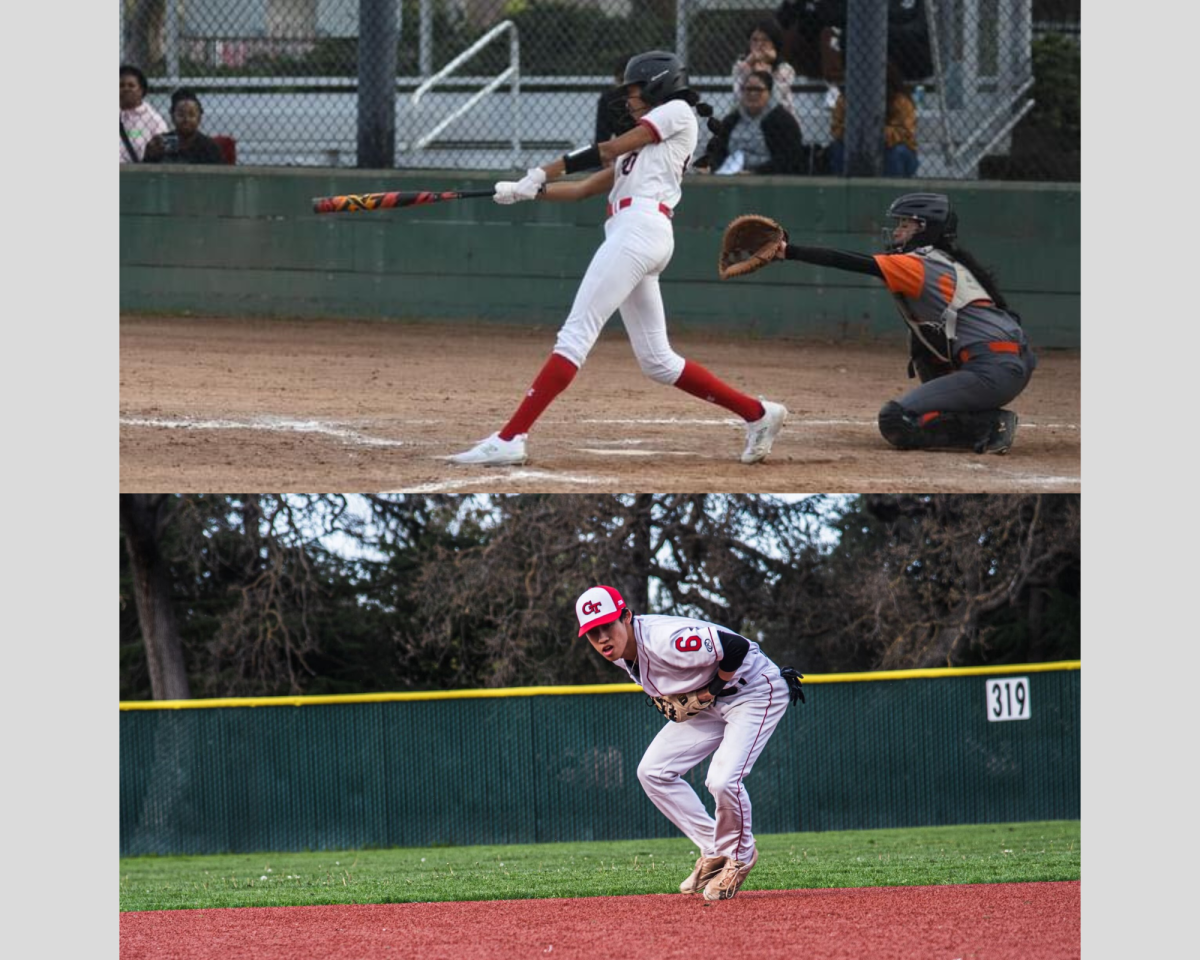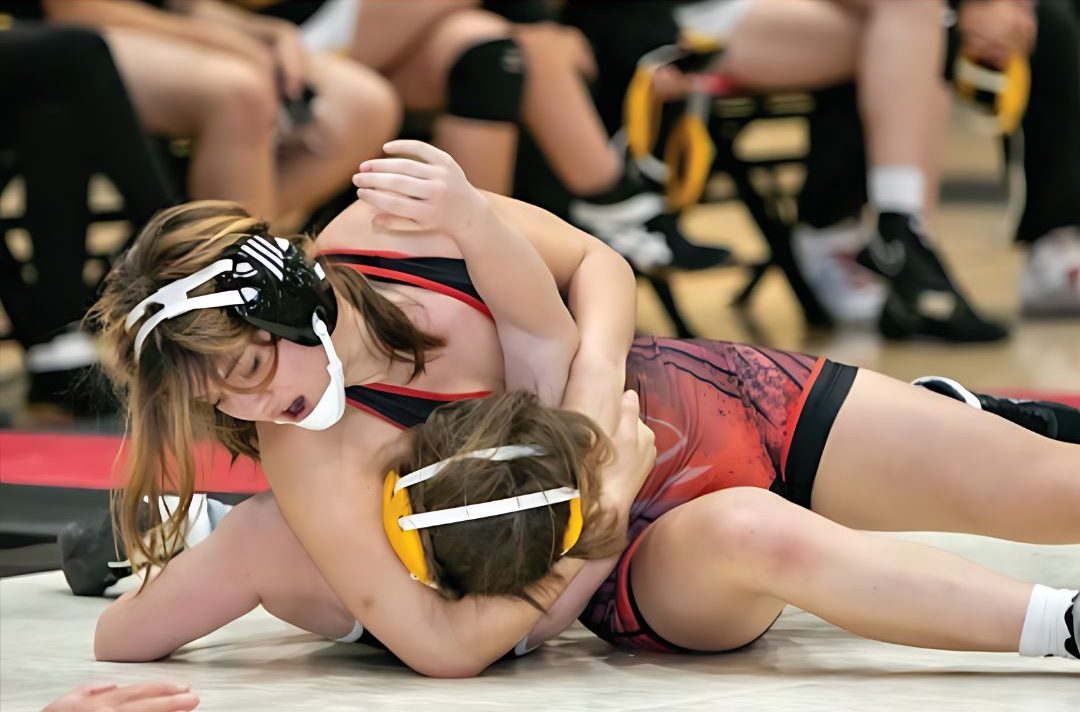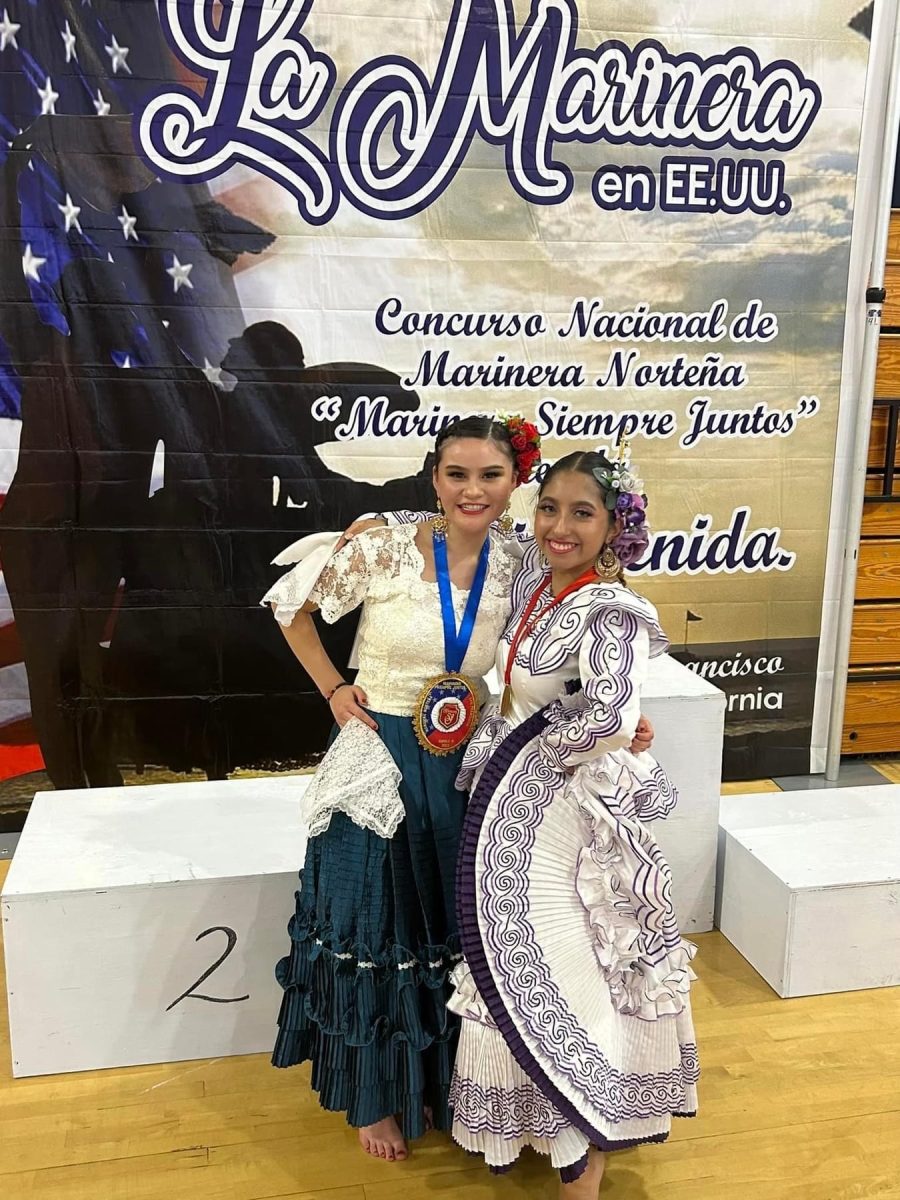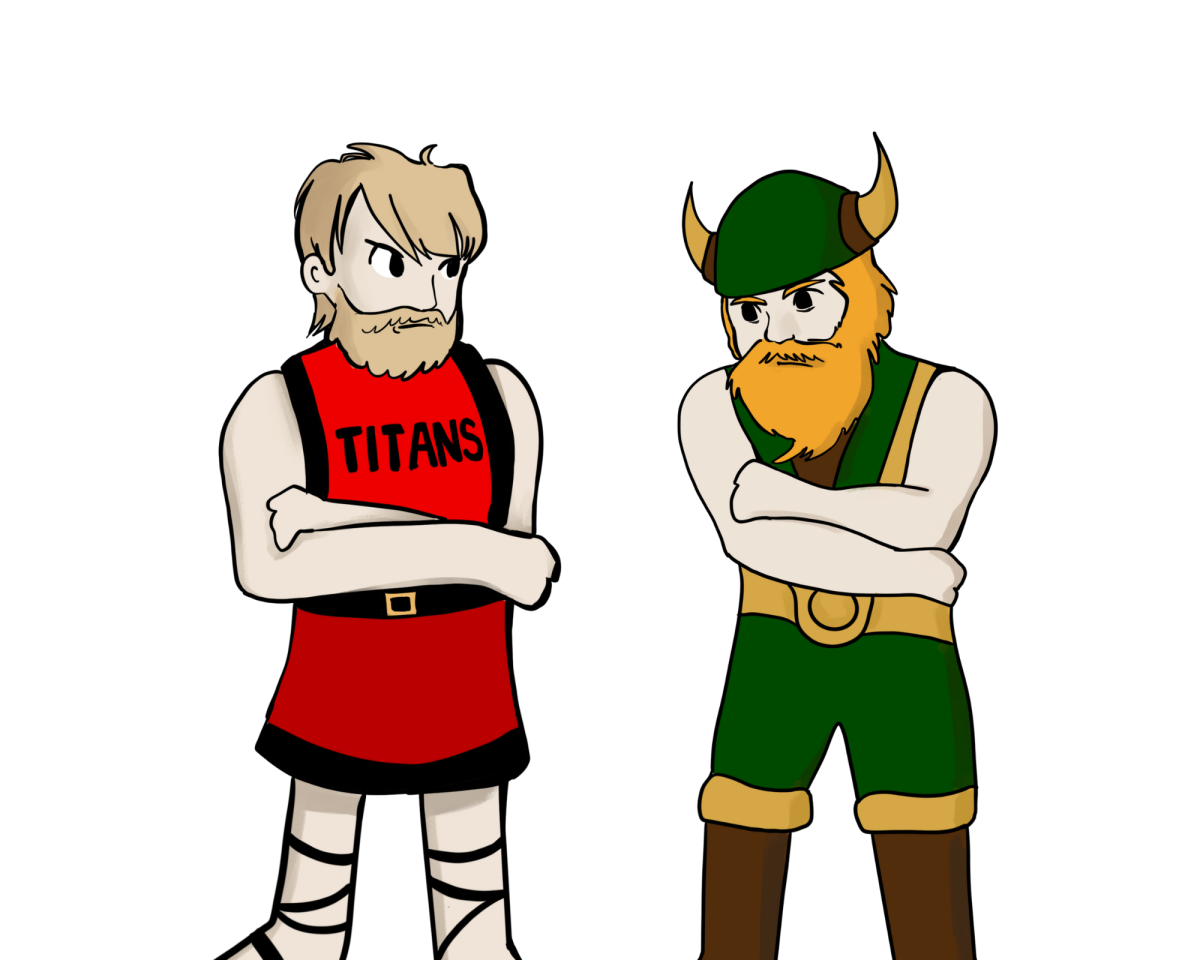As a young child, I was rarely allowed to watch TV; while my friends watched Hannah Montana and Totally Spies, I spent my time reading and engaging in various extracurricular activities. There was one television program, however, that I watched without fail: the Olympics. The years between the Olympics were dull and uninteresting to me; I eagerly awaited the next opening ceremony. While my peers belted the newest Disney Channel song, I hummed the Olympic theme song. When the Games finally rolled around, my eyes would remain glued to the TV screen for two-and-a-half weeks as I watched Carly Patterson leap her way to gold and Usain Bolt fly into the history books.
My fascination with the Games only intensified as I grew, but I soon found an interest in a different aspect of the Olympics: the diplomatic opportunities they presented. I saw individuals with completely different beliefs and cultures come together in support of their favorite competitors. I watched athletes from every corner of the world defeat all odds and become inspirations for legions of people. It astounded me that the entire world could put aside its clashes and worries for 17 days, that all of these nations could come together to plan and orchestrate a massive event. If the world could unite for a couple of weeks, maybe we could find some mechanism for taking a step towards global peace. The unmistakable Olympic rings themselves illustrate the quest for global collaboration: the five interlocking rings represent the unity of the five major continents, demonstrating the potential presented for world peace.
Similarly, the games are a majestic stage upon which we can seek to make the world a better place. Every Olympic games sees the eradication of societal restrictions: the 2012 London Summer Olympics marked the first time women of the country of Qatar were allowed to compete. The 2014 Olympic Games, held in Sochi, Russia, have already been wrought with much controversy and protest. Russia has in place a set of anti-gay laws that prevents both the spread of information concerning homosexuals to children and the public display of materials on gay rights. Individuals from all corners of the globe have already come together to protest the wrongful discrimination of LGBT members, ranging from local Russian activists to world leaders. Protests have come in the form of everything, including marches and boycotts of the games by key political figures, including President Barack Obama himself.
The protests have spawned a slightly negative atmosphere around the Sochi games, but they also present the perfect opportunity for the world to change its injustices. The world has united in objection to Russia’s discrimination: even Thomas Bach, the newly-appointed President of the International Olympic Committee, urged against discrimination in his speech at the opening ceremony. “Yes, yes it is possible—even as competitors—to live together under one roof in harmony, with tolerance and without any form of discrimination for whatever reason,” Bach said in his opening ceremony speech. “Yes, it is possible—even as competitors—to listen, to understand, to give an example for a peaceful society.” The Olympic games may pit athletes against each other in heated rivalries, but they are designed to build bridges between the people of the world; the games bring people together.
The Olympic Games acknowledge and applaud the tremendous dedication and unending perseverance of all athletes and coaches, but they also carry a deeper message. Bach, in two sentences, sums up that message: that the Olympics serve to bring the world together and strive to ignite peace among all nations. So next time, when you’re watching Patrick Chan dominate the ice with a quadruple axel or trying to figure out just what curling is, keep in mind that the Olympic Games are about more than just winning medals. They’re about making the world a better place.











